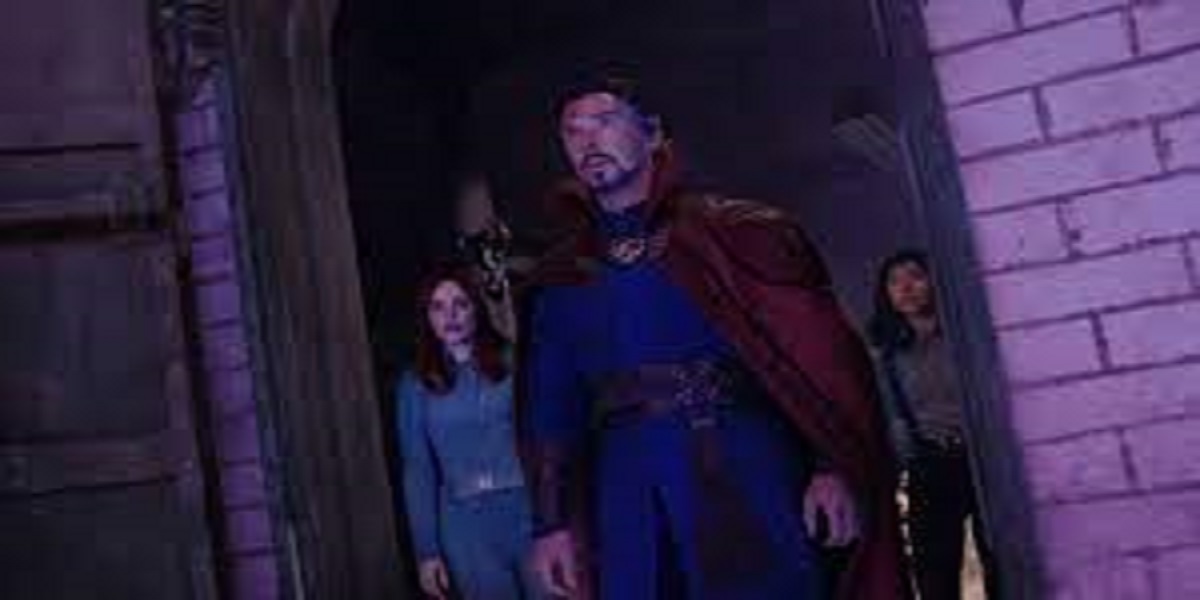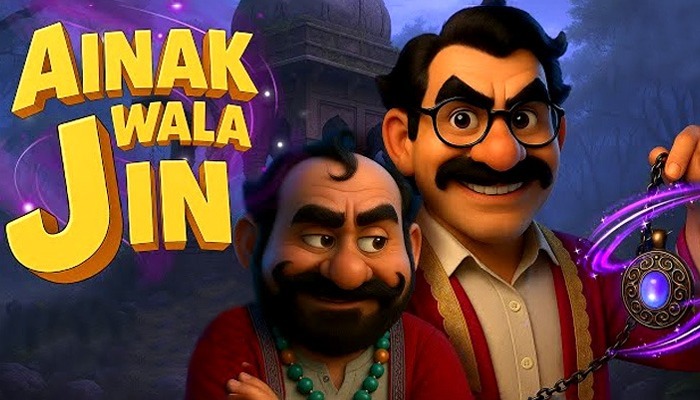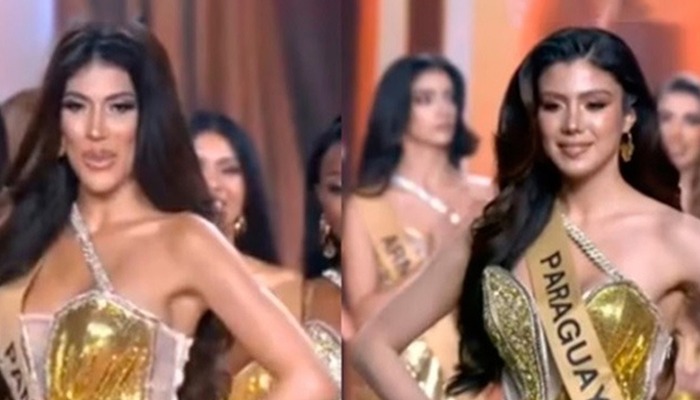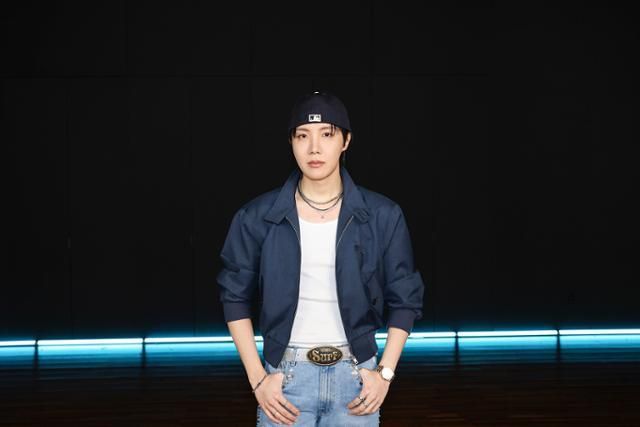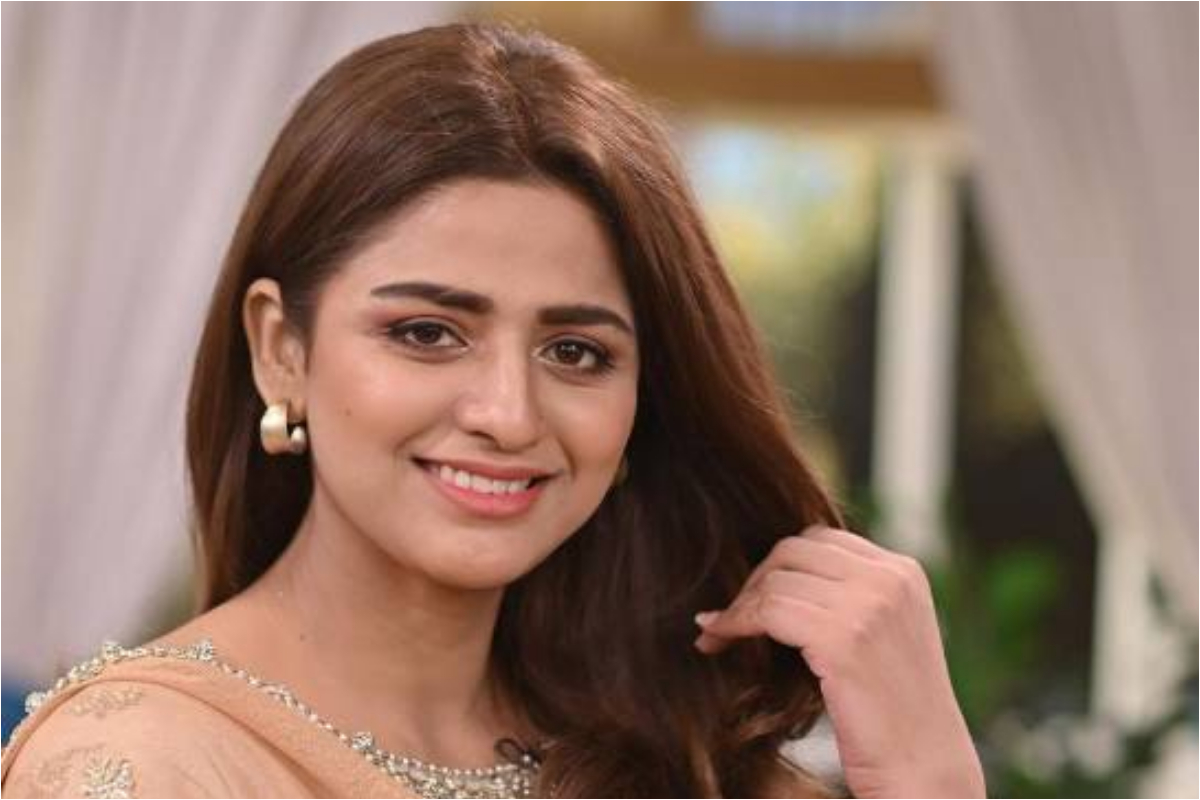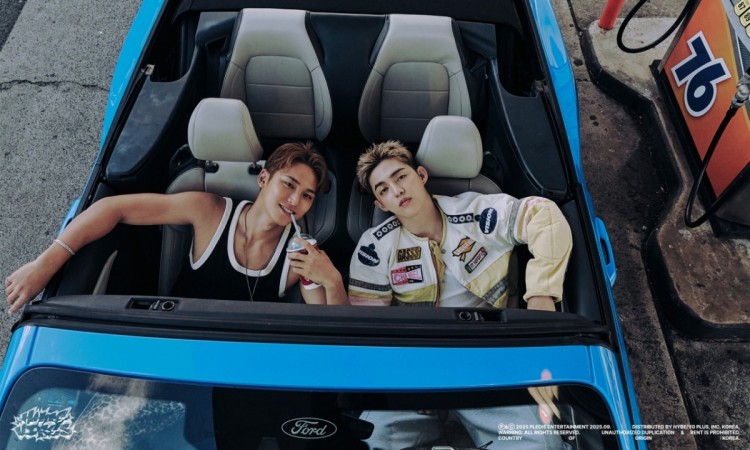For every one of the brain bowing excursions through substitute aspects and appearances that highlight more fantastic aspirations in the MCU, this section is a shockingly straightforward and centered story that powers characters to look at the expense of their satisfaction, and when and where such a significant inclination can be tapped.
No, that is not a line from Doctor Strange in the Multiverse of Madness, however it could be. It’s the title of the 1997 Eisner-winning Marvel a single shot by Marc Andreyko and P. Craig Russell that sees Doctor Strange making a trip through aspects to save Wong.
What’s more, Strange goes head to head against an eager for power, sorrowful witch who looks for his powers, before she eventually maneuvers her fortress down onto herself.
The Sam Raimi continuation is in no way, shape or form a variation of this story, however likenesses between the two works are remarkable.
Most interesting that Multiverse of Madness additionally starts Stephen’s (Benedict Cumberbatch) venture with an inquiry, one that likewise pushes at the issue of what upsets him.
“Are you cheerful?” Dr. Christine Palmer (Rachel McAdams) asks him at her wedding to another man. Abnormal grins and lies, “I’m.”
For every one of the brain twisting outings through substitute aspects and appearances that highlight more stupendous aspirations in the Marvel Cinematic Universe, Multiverse of Madness is a shockingly straightforward and centered story that powers its characters to analyze the expense of their joy, and when and where such a significant inclination can be tapped.
As a very remarkable rush as it was to see Raimi permeate Multiverse of Madness with frightfulness (meanwhile seeing the MCU set up future appearances of the Fantastic Four), and for the story to present “attacks,” the greatest strength of the Doctor Strange continuation is that it makes anticipating the Multiverse future a vital piece of the topical account.
With the MCU’s Phase 4, up until this point, worked around characters observing their jobs and reason in a world permanently different by Thanos, it feels proper that Doctor Strange in the Multiverse of Madness observes its focal hero and adversary got at a junction concerning what they’ll become and which jobs are out there for them.
While there was a crowd assumption for the continuation of weave itself through a bigger jungle gym, integrating Loki (2021), Spider-Man: No Way Home (2021), Fox’s X-Men, Deadpool, and a lot of pre-MCU character variations, Multiverse of Madness rather depends on strings set up in Doctor Strange (2016), Wanda Vision (2021) and What If… ? (2021), bringing about a person driven film worried about the cost of want, to be characterized by a solitary component, a part, however missing from Raimi’s most surely understand Evil Dead series, is available in so many of Raimi’s movies, from Crimewave (1985) to A Simple Plan (1998) to Drag Me to Hell (2009).
While Raimi’s stylish style is a conspicuous feature of Multiverse of Madness, the subjects that he’s put such a great deal his filmography in are likewise exceptionally present and fit in rather flawlessly with thoughts the MCU had recently set up.
In Marvel Studios’ energized series, What If… ? there is an episode named, “Imagine a scenario in which… Doctor Strange Lost His Heart Instead of His Hands?” It’s the best episode of the series, however the ideal lead-in as far as how Multiverse of Madness takes a gander at Stephen Strange and Wanda Maximoff (Elizabeth Olsen) in their individual journeys for satisfaction.
Inside that episode, Christine Palmer kicks the bucket, and in spite of utilizing the time stone to attempt to save her, and bombing over and over, her demise is a flat out point.
Weird then turns back the clock, looking for the lost books of the alchemist Cagliostro and starts utilizing dull wizardry to consume substitute layered evil presences, taking their powers for himself to defy the guidelines of the real world.
The interaction the two transforms him into a beast and causes the breakdown of his universe. In Multiverse of Madness, we see different variations of Stephen Strange, who, regardless of whether they aren’t consumed with misery can’t give up, to do as Christine tells Strange at her wedding, and let another person hold the blade.
Abnormal later concedes his refusal to permit another person to start to lead the pack, to settle on the hard decisions, is a result of his dread, his anxiety toward misfortune, of disappointment, of not having the option to save a day to day existence and forestall misfortune.
This dread, which originates from the demise of his sister, appeared in Doctor Strange, coordinated by Scott Derrickson.
In that film, Strange would not take patient cases he realizes he was unable to prevail in. He specifies not having any desire to break his streak, and his obnoxious inner self causes him to appear to be a greatness dog, however dread drives him.
Furthermore, that equivalent dread makes sense of his cold relationship with Wong (Benedict Wong) and the beginning of Multiverse of Madness, and the hard treatment of the body of his own departed, horse followed Variant.
He fears misfortune. He fears being left without an answer. What’s more, he fears being vulnerable.
These feelings of trepidation were just exacerbated by the nerve harm to his hands, regardless of whether he rise up out of Kamar-Taj a less ostensibly childish person.
Wanda is driven by a comparable apprehension about vulnerability, one that additionally originates from youth and her failure to save her folks from a bomb in Sokovia.
Along these lines, she gave herself over to a request that would give her power.
HYDRA surely wasn’t the Kamar-Taj, however it furnished her with devices to retaliate against her feelings of dread and make dread in others.
However even with that power, she was unable to save her sibling Pietro (Aaron Taylor-Johnson), and she was unable to save her better half, Vision (Paul Bettany).
And, surprisingly, after she took advantage of the necessary resources to restore them, alongside the making of two kids, Billy (Julian Hilliard) and Tommy (Jett Klyne), she actually couldn’t clutch them.
She actually couldn’t track down satisfaction. Wanda’s brain is broken, proved by her appearance in the film, similarly Strange’s hands were broken, and both were placed on the way to track down replies through wizardry and the multiverse.
Specialist Strange and Wanda in this film both give rather sobering ganders at people who saved the world, yet aren’t conceded additional time with individuals they need most in their lives. Raimi investigated this on a more limited size in his Spider-Man films, in which Peter Parker (Tobey Maguire), in spite of saving New York City on many times, was as yet requested to “surrender the things we need the most, even our fantasies.” Yet Parker wasn’t wizardry, and he didn’t understand that those fantasies could be his for the picking by Dreamwalking through the boundless conceivable outcomes of the Multiverse.
There will without a doubt be a lot of conversations in the years to come about Wanda’s chance as the Scarlet Witch in Multiverse of Madness, and how the film uses her as a main adversary in the wake of asserting she put things squarely in the result of WandaVision. However, I believe it’s reasonable to challenge exactly the way that right she set them. Indeed, Wanda let the many Westview, whose personalities she oppressed, free. However, she likewise eliminates Agatha Harkness’ (Kathryn Hahn) capacity to utilize wizardry and afterward oppresses her brain inside the meddling neighbor persona of “Agnes,” which some way or another feels crueler than killing her.
Also, as opposed to give up herself for the wrongdoings she carried out, she takes off. In addition to the fact that she detains a lady and sidestep equity, yet she additionally takes the book of dark wizardry, The Darkhold, with her, with plans on finding her kids once more.
While Wanda’s uncover as the huge awful in Multiverse of Madness might come sooner than anticipated, WandaVision plainly settled that was where she was going, her ethical imperfections just exacerbated by her utilization of dull sorcery. While there is a sure remedial message in Vision’s line, “what is distress yet love driving forward?” there is additionally a loathsomeness to it, which makes one wonder of how long it should safeguard before it turns into a failure to relinquish the past and that affection becomes tainted?
In each universe, Stephen knows about or meets forms of himself who have become ruined by affection, by needing to fix things. Wanda, then again, just sees variants of herself who have held what she has lost, her youngsters, and the unadulterated articulation of affection they share. “I’m not a beast, I’m a mother,” Wanda says at one point in the film, inspiring compassion regardless of the way that she isn’t a mother any longer, and in any event, when she was, it was exclusively for youngsters she made through wizardry.
The one-time Avenger is without a job, something Strange is additionally standing up to. He’s not a specialist, he’s not the Sorcerer Supreme, he’s not Christine’s first love, and he’s not so much as an Avenger since another group was rarely framed. He’s the Master of New York’s Sanctum Santorum, however as his Darkhold-baffled variation tells him, that is essentially a condition caught in a spooky place. Odd is encircled by objects of the past, as Wanda and her recollections. This is what upsets them both.
Abnormal can break out of the past by letting another person hold the blade, confiding in his body to a Variant rendition of Christine Palmer, while Dreamwalking in his departed Variant, and permitting America Chavez (Xochtil Gomez) to be the one to break Wanda from her daydream that her kids would grasp what she’s become. In America, Strange sees expect the future, in new legends, and in his job as a guide. Love can appear in changed ways. However, Wanda, who has encountered so many misfortunes, can’t see a future without her youngsters, and presently, dreaded by her previous partners, sees no source for affection. She brings Wundagore Mountain down onto herself, obliterating each rendition of the Darkhold simultaneously, and apparently meeting her destruction. Obviously, Wanda isn’t long gone, and similarly as the comics have accomplished, there may be an opportunity for recovery in her future. However, in the prompt present, her satisfaction is impossible, and that is a fairly striking and unsafe note to leave a superhuman on. It addresses an emotionality that, in any event, when uplifted, comes from viewing at these awesome characters as genuine individuals, a quality that embodies the narrating goals of both Raimi and Marvel.

